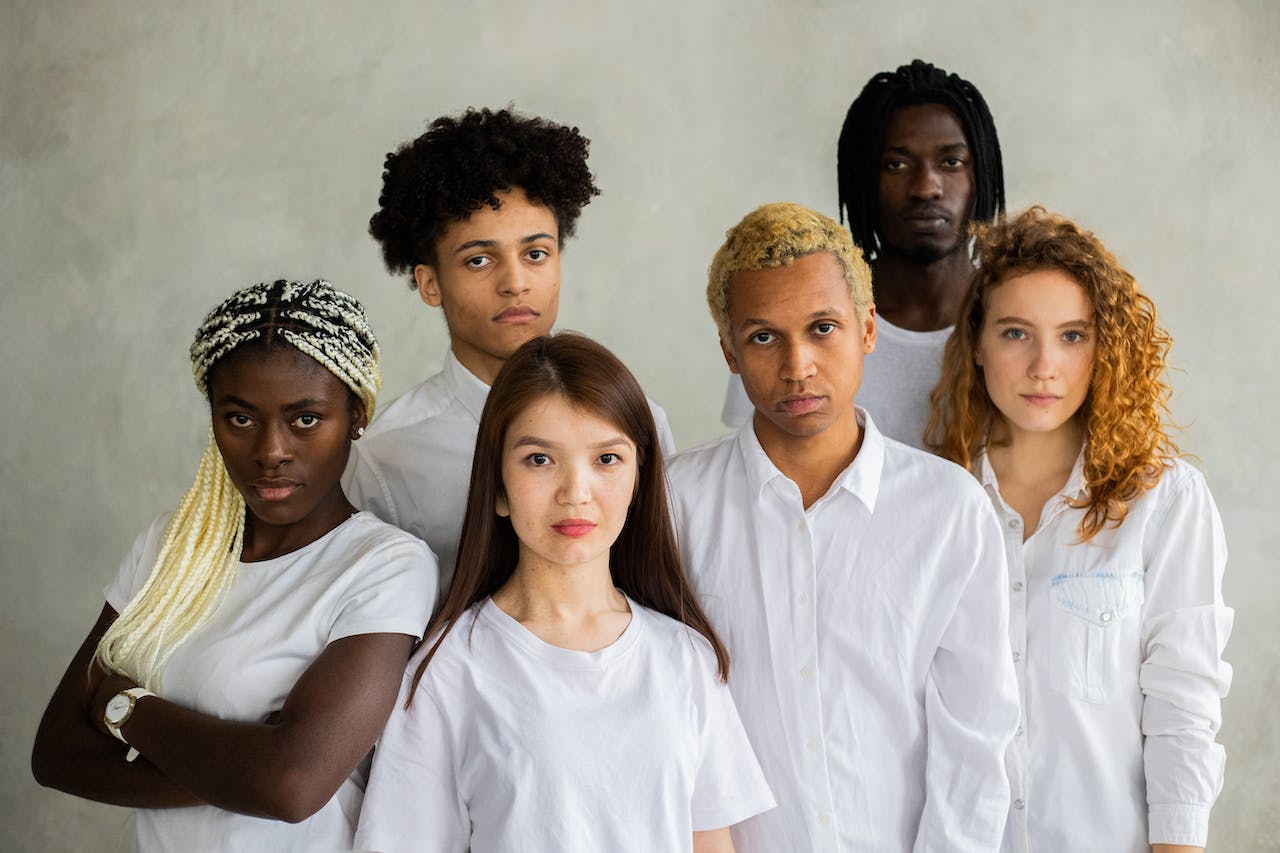In a recent piece on CNN Faith, John Blake explained that “Evangelicals” in the US are typically depicted as White men, but one in three American evangelicals is a person of color. “The relentless coverage of White Christian nationalism is spreading a racist myth: that Whiteness is the default setting for evangelical Christianity.”
The constant linking of Whiteness with evangelical Christianity, though, obscures another major story. There are millions of Black, Latino, African and Asian evangelical Christians who are already profoundly changing America.
—John Blake
Blake goes on to say that “these non-White evangelicals will likely not only save the American church but transform the nation’s politics.”
He says the future will belong to people like Pastor Peter Lim, founder of a growing congregation of Asian-Americans called “4Pointes Church of Atlanta.” Lim, a Korean American evangelical, says the media’s hyperfocus on White Christian nationalism often renders communities like his invisible.
He says he’s attended evangelical conferences where the only people who are featured onstage are White pastors or leaders. He wrote in an essay that Asian-American evangelicals often experience “perpetual invisibility” — akin to what Asian Americans encounter more broadly in this country.
“You just feel overlooked — your story or your experience is minimized,” he says. “It’s not done intentionally. But you don’t feel like you belong. It tells you that your stories don’t belong. It does hurt.”
Lim’s experience is the result of a passive form of racism. It’s not deliberate or malign; it’s a sin of omission rather than commission by many journalists, church leaders and commentators who rightly warn about the dangers posed by White Christian nationalism:
“The true definition of ‘evangelical’ has nothing to do with a color or a political party. Evangelicals are loosely defined as Christians who share a ‘born-again’ dramatic personal conversion, who take the Bible seriously or literally and believe they’re supposed to spread their faith to others.”
Blake says it may surprise some people to learn that in 2024, the face of evangelical Christianity in the US is more likely to be brown than White.
The numbers tell the story:
—According to a 2017 survey, one in three American evangelicals is a person of color.
—A higher number of Black Christians — 41% — identify as evangelicals than their White Christian counterparts.
—The fastest-growing segment of evangelicals in the US are Latino Americans.
—And at least 80% of the members of evangelical student groups at competitive universities like Princeton, Harvard and Stanford are Asian-American, according to one estimate.


